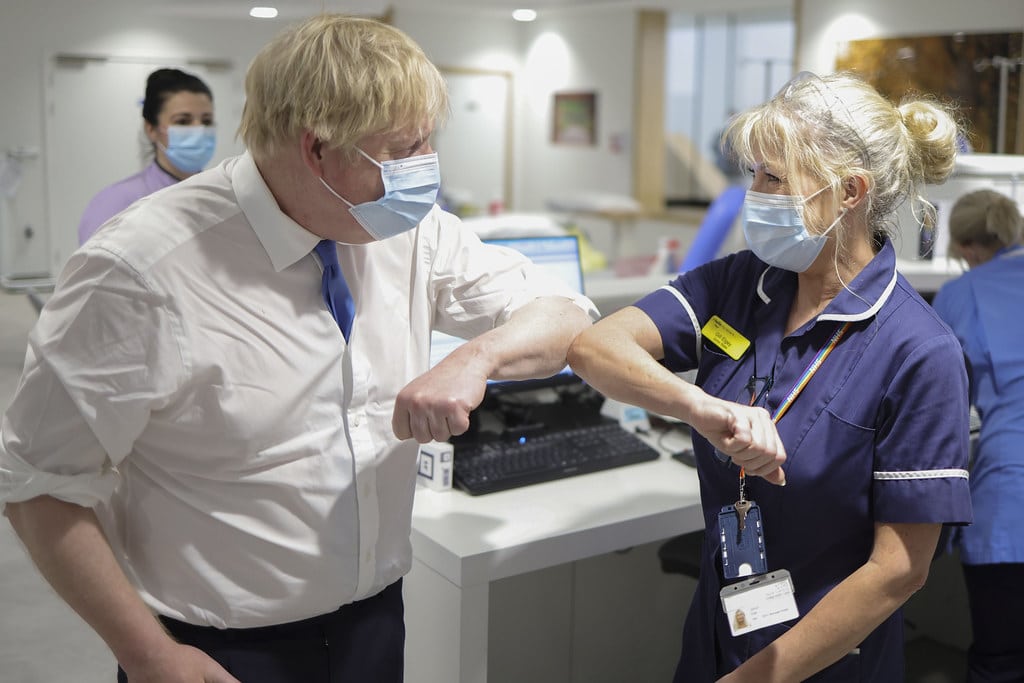Boris Johnson has tonight announced that self-isolation for Coronavirus will end in England, almost 2 years after the UK first implemented Coronavirus lockdown measures.
However, despite the positivity about England finally reaching the end of the pandemic, there are fears that the decision could be premature, or that this move will not be the last of restrictions.
Boris Johnson said:
“Covid will not suddenly disappear, and we need to learn to live with this virus and continue to protect ourselves without restricting our freedoms. We’ve built up strong protections against this virus over the past two years through the vaccine rollouts, tests, new treatments, and the best scientific understanding of what this virus can do.”
“Thanks to our successful vaccination programme and the sheer magnitude of people who have come forward to be jabbed, we are now in a position to set out our plan for living with Covid this week.”
The Prime Minister said that the rules would change on Thursday; he praised the vaccination programme and the growing use of antiviral medication that have enabled the self-isolation rules to change.
He also announced that free lateral flow tests will end from April, a move met with far more controversy than the ending of isolation.
Rumours swirled Westminster this morning that Health Secretary Sajid Javid and Chancellor Rishi Sunak were locked in a heated disagreement over whether to end the free tests. It was reported that Javid wished to keep the tests, but that the Chancellor doubted the UK’s ability to continue footing the £2bn monthly cost of the Test and Trace programme.
The change in the rules has been met with fears that it will sell vulnerable people short, and prevent them from participating in ordinary life, as they will be unaware if venues they attend are Covid-secure.
Research by the Liberal Democrats suggested that people who take two tests a week face an average bill of £534 a year, something that many people are currently often required to do in order to see vulnerable relatives, or as a requirement from their employer.
This comes against the backdrop of a rising cost of living amongst record inflation figures posted in recent weeks.
Labour leader Keir Starmer criticised the move, leaning on the Prime Minister’s footballing analogies by describing the strategy as subbing off your best players when 2-1 down.
https://twitter.com/Keir_Starmer/status/1495817398989082628?ref_src=twsrc%5Etfw”>February
However, others have met the move with jubilation at a return to normality after two years.
https://twitter.com/christiancalgie/status/1495800532669284357?ref_src=twsrc%5Etfw”>February
Whilst Thursday will mark the first day in nearly two years without any Coronavirus measures in England, it remains uncertain whether any restrictions could ever return. With new variants still likely to emerge in the future, and the Scotland, Wales and Northern Irish governments still hesitant to lift all measures, our re-emergence into the sunlight may feel more of a stuttering start than a glorious homecoming.



